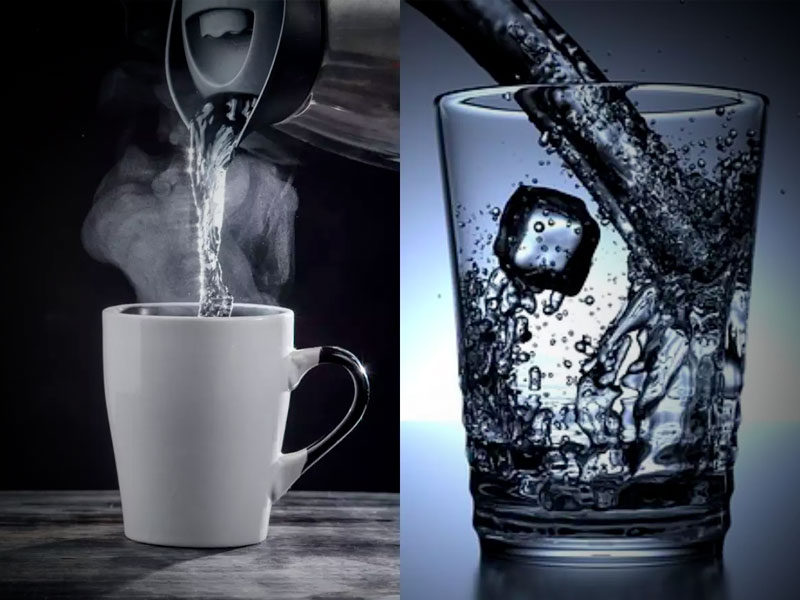Drinking warm water early in the morning is a simple yet powerful health habit that has been practiced for centuries in many cultures around the world. In fact, it is often touted as one of the easiest and most effective ways to improve overall health and wellbeing. In this article, we will explore the many benefits of drinking warm water early in the morning and how you can easily incorporate this habit into your daily routine.
Firstly, drinking warm water early in the morning can help to boost your metabolism. When you drink warm water, your body temperature rises slightly, which in turn increases your metabolic rate. This can help you burn more calories throughout the day, making it an excellent habit for those looking to lose weight or maintain a healthy weight.
Another benefit of drinking warm water in the morning is that it can help to improve digestion. Warm water can help to stimulate the digestive system and increase blood flow to the intestines, which can help to improve the absorption of nutrients from the food you eat. This can lead to better digestion, fewer digestive problems, and improved overall gut health.
Drinking warm water in the morning can also help to detoxify your body. Warm water can help to flush out toxins and impurities from your body, which can help to improve your skin health, boost your immune system, and reduce your risk of chronic diseases. Additionally, warm water can help to improve kidney function and reduce the risk of urinary tract infections.
For those looking to improve their overall health and wellbeing, drinking warm water in the morning can also help to reduce stress and improve mental clarity. Warm water can help to calm the nervous system, reduce anxiety, and improve overall cognitive function. This can help you feel more focused, alert, and energized throughout the day.
So, how can you easily incorporate this simple health habit into your daily routine? The easiest way is to simply drink a glass of warm water as soon as you wake up in the morning. You can add a slice of lemon or a teaspoon of honey to improve the taste and enhance the health benefits. It’s important to note that the water should not be too hot, as this can cause damage to your throat and digestive system.
Pros:
- Boosts metabolism: Drinking warm water can increase your metabolic rate, helping you burn more calories throughout the day.
- Improves digestion: Warm water can stimulate the digestive system, improving the absorption of nutrients and reducing digestive problems.
- Detoxifies the body: Warm water can flush out toxins and impurities from the body, leading to improved skin health, boosted immune system, and reduced risk of chronic diseases.
- Reduces stress: Drinking warm water can help calm the nervous system, reducing anxiety and improving overall cognitive function.
- Easy to incorporate: Drinking a glass of warm water is a simple habit that can be easily incorporated into your daily routine.
Cons:
- Can cause burns: If the water is too hot, it can cause burns to your mouth, throat, and digestive system.
- Can reduce hydration: Warm water may not be as hydrating as cold water, as it may cause you to drink less water overall.
- May not be suitable for everyone: Some people may have medical conditions that make it difficult or uncomfortable to drink warm water, such as certain digestive disorders.
- May cause discomfort: Drinking warm water on an empty stomach may cause discomfort, nausea, or indigestion in some individuals.
- May not have significant impact: While warm water can provide some health benefits, it may not have a significant impact on overall health and wellbeing.
In conclusion, drinking warm water early in the morning has several benefits, but it also has some potential drawbacks. If you are considering incorporating this habit into your daily routine, it’s important to do so safely and in consultation with your healthcare provider.







